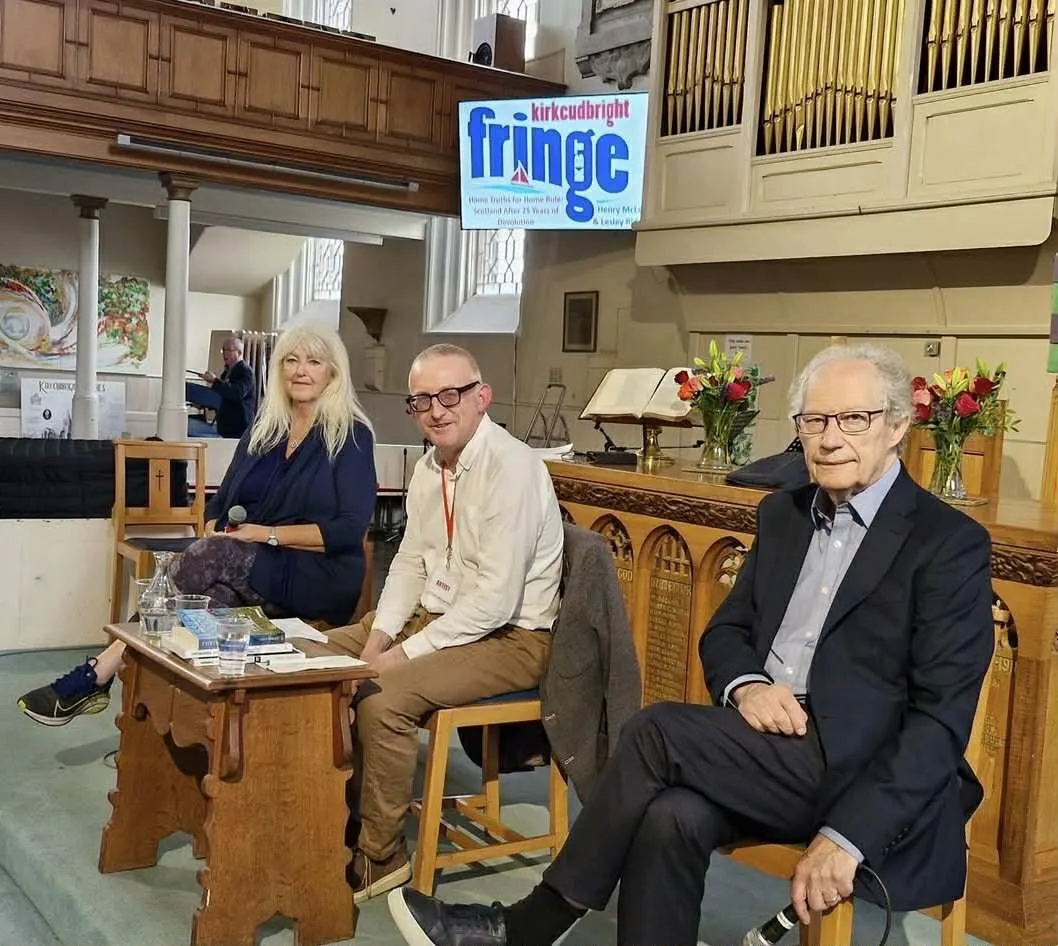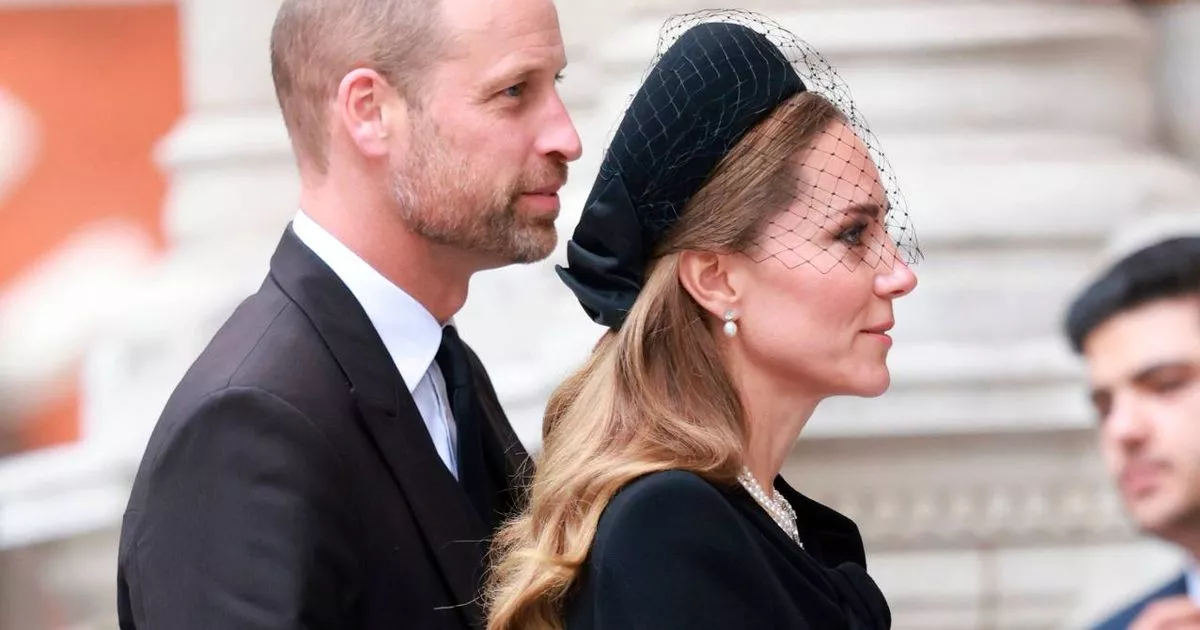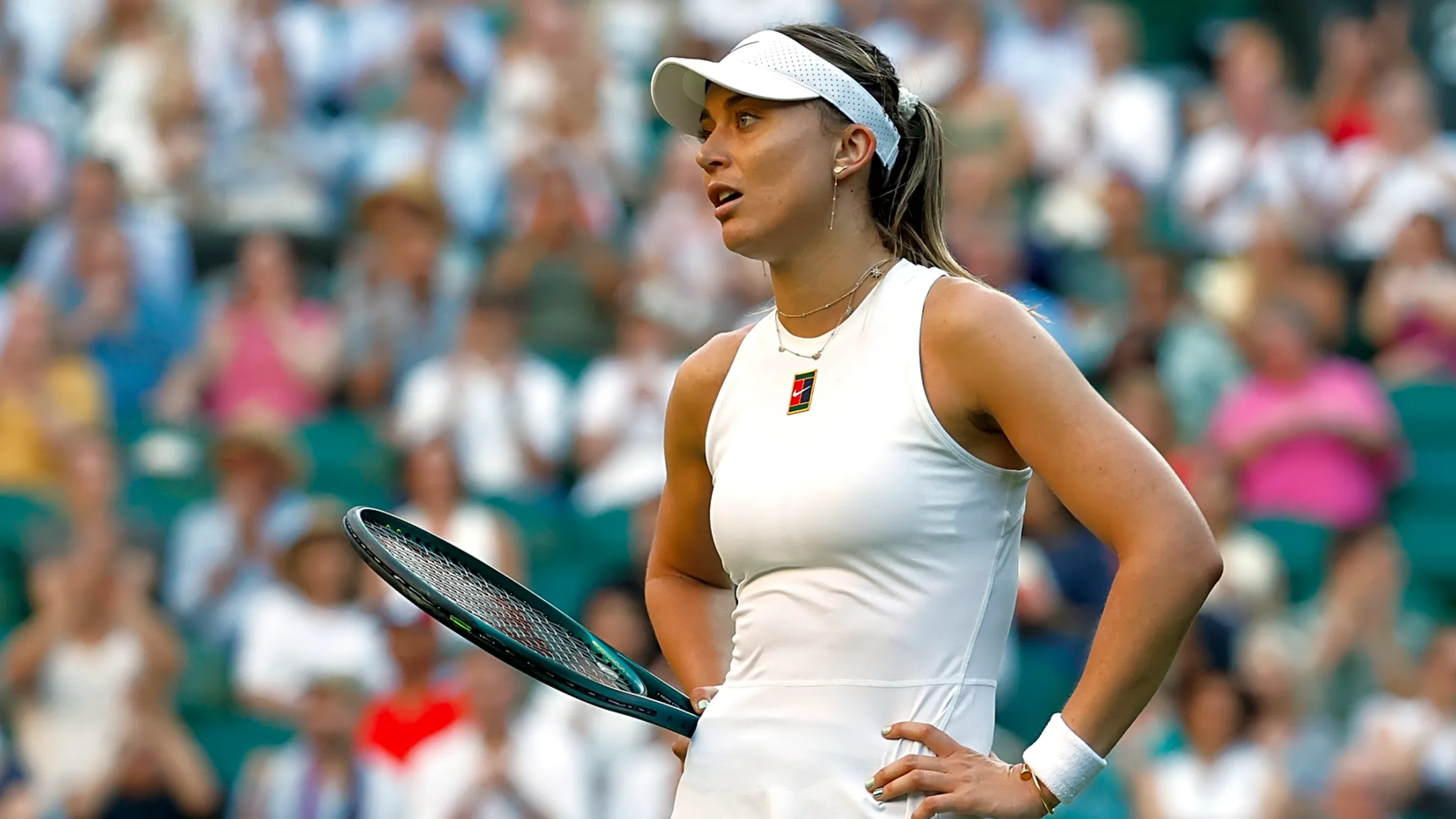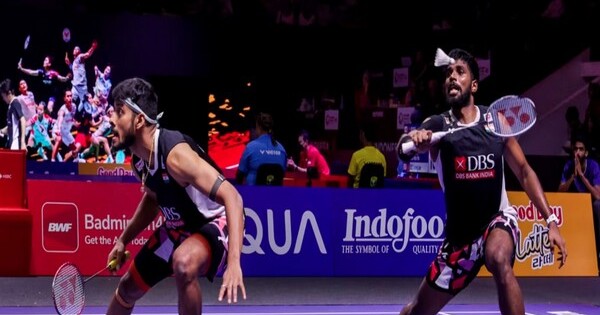By alecross1971
Copyright theorkneynews

At the Kirkcudbright Fringe Festival last week, I chaired a discussion on Scotland’s constitutional status and possible direction, twenty-six years since devolution, with the writer and broadcaster Lesley Riddoch and the former First Minister Henry McLeish (Home Truths for Home Rule).
There was a lot of discussion about Reform in particular and the rise of the right in general. One possible scenario outlined was that, in a general election, Reform gets some popular vote in Scotland but not enough to gain a single seat under a first past the post race. Meanwhile, they win at a canter in England and Farage becomes Prime Minister. Such a not-so-inconceivable scenario would be a version of the 1992 election, when the Tories were wiped out in Scotland but who governed a pre-devolution Scotland, on steroids. What possible legitimacy would such a government have to impose its agenda north of Gretna? And yet it would try to. And what would that mean for devolution?
Henry McLeish talked about a legitimacy deficit rather than a democratic one, but in the described scenario I suspect this would just be semantics.
What both protagonists in Kirkcudbright agreed on was that Scotland needs to push more to the outer limits of devolved powers. In other words, don’t just accept the narrow (narrowing?) limits of devolution. Riddoch talked about the frustration of Scotland stubbing a figurative toe as it tried to develop policies that inevitably hit the wall of reserved competencies, including over an immigration policy that is far too restrictive for an aging demographic and which continues to hurt, in farming, sectors like dairy and soft fruit that rely so much on migrant labour to ensure the success of an industry worth £18bn per annum. Indeed, Riddoch argued – and McLeish agreed – that the best way to protect and grow our democracy is to use our powers to the nth degree – and beyond. That’s something that arguably hasn’t happened since the late Alex Salmond was First Minister, and that may be one factor why the dial on independence has been hard to shift beyond its now decade long stasis.
But what does this mean in a human level?
Yesterday I spoke with good friends living in England – he’s an Aberdeen boy, she’s of Jamaican / Irish decent. They’re a couple with mixed race children who’ve been watching the mercury rise for a while: they definitely felt the eye of suspicion when they were the only folk in the street who refused to put the bunting out and join the street party during the coronation. And that was three years ago – recent events didn’t come from nowhere. They are considering their options ahead of a Farage premiership – Scotland maybe? But then you read reports from Glasgow at the weekend, see the noticeable increase in “flegs” and detect more folk on social media feeling emboldened to say things that they wouldn’t have gone near a couple of years ago and you think: are we that much better?
We need to guard against moral exceptionalism. I’d like to think we are the proudly, mongrel nation that the great Willie McIlvanney talked about, but if we are then we need to walk the walk as well. Let’s not just boast, then cower.
Maya Angelou used to say that when people show you who they are, believe them the first time. Scotland needs to show the world what it is, because we won’t get a second chance. We’ve wasted a decade and more by failing to really create a consensus around independence, and I get that that needs to happen – and a packed venue in Kirkcudbright is proof that people are up for it – but taking a diametrically opposite worldview to Nigel Farage et al would be a positive move as well.
And while Yes is a proudly grassroots movement, it’s important that political leaders set the tone. The friend I mentioned uses a German word to describe ex-Liverpool manager Jurgen Klopp – I think it’s “Menschenfanger”, someone who sets the bar, who gets people buying into the culture. That’s what I think the First Minister needs to do. It’s not enough to just be a wee bit better than the noisy neighbours.
There’s a line in the West Wing where Josh says something like “We talk about our opponents more than we used to”, and perhaps talking about Farage all the time just makes it worse. Better perhaps to ask instead – what do we stand for? And how do we create a constitutional structure that provides us with the agency to become the best versions of ourselves?
And, as the title of the Kirkcudbright debate alluded, that belated journey starts with a few home truths.



